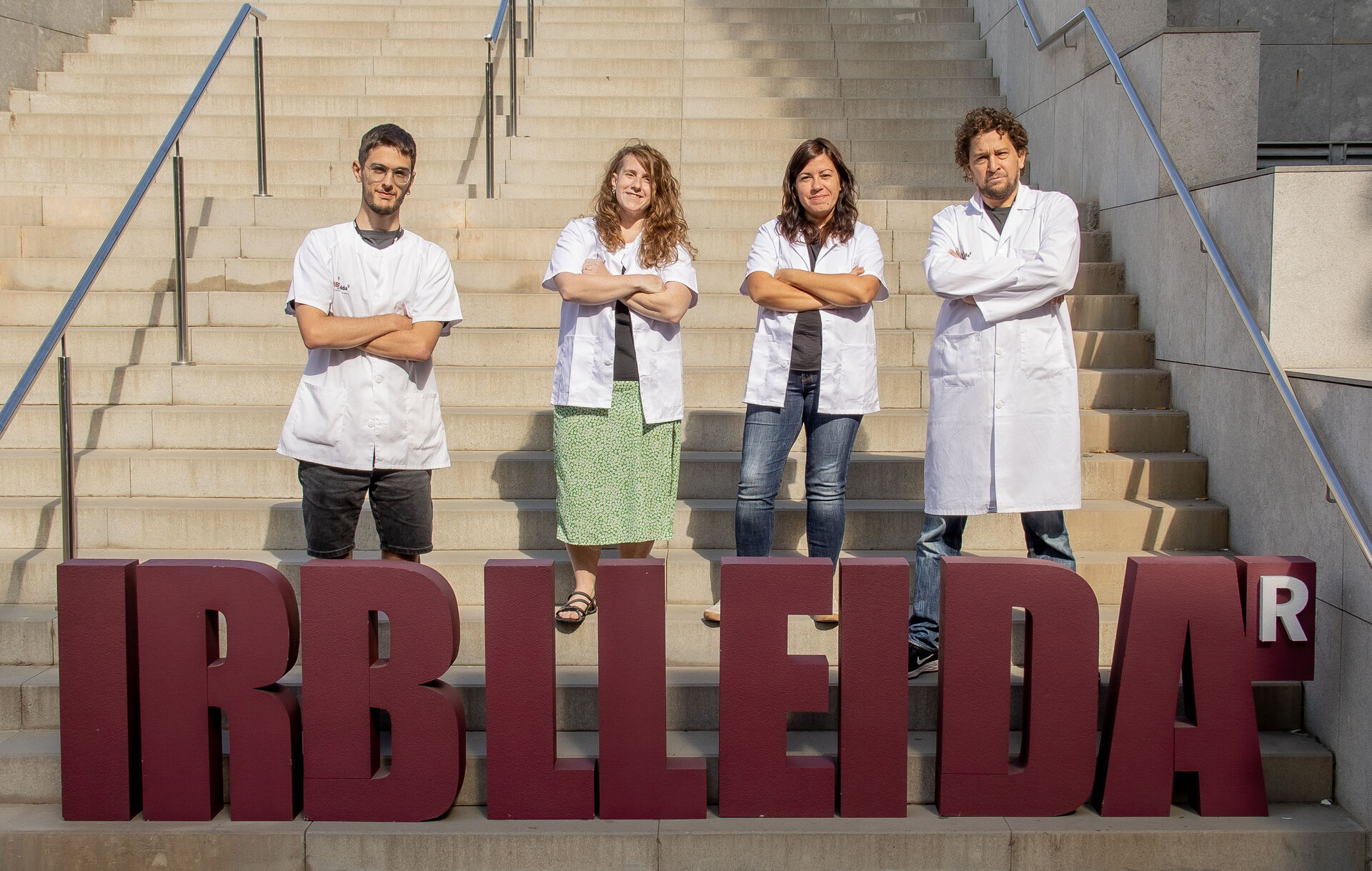Lipidomics

The objectives of this platform are the following:
1. Detect, identify and qualify all the lipid species of a system (cells, tissues, organs, food, etc.)
2. Define lipid profiles in physiological and pathological conditions
3. Identify new lipid biomarkers
To achieve these objectives, the lipidomic platform offers technical support and advice to research groups that request it on possible experimental applications, as well as the processing of samples for each of the applications. We prepare and optimize the protocols for the different analyzes required by the users and we also take care of the processing and analysis of data at the request of the user.
The lipidomic platform consists of two HPLC units (Cap Pump 1200 Serves G1376A, Nano Pump 1200 Series G2226A, Agilent Technologies), two UPLC units (Agilent 1290 Infinity Quaternary Pump), two QTOF mass detection systems (QTOF LC/MS G6520A and 6545, Agilent Technologies), a mass detection system TQD (Triple Quad 6420 LC/MS Agilent Technologies), an ionization system in nanoelectrosprai using Chip Cube technology (HPLC Chip Cube G4240A, Agilent Technologies) and the necessary software for analysis bioinformatic of the metabolic data generated in said platform (MassHunter Data Acquisition, MassHunter Qualitative Analysis, MassHunter Quantitative Analysis, MassHunter Mass Profiler, Agilent Technologies). The platform is located partially in the Institute of Biomedical Research of Lleida, Building Biomedicina 2, 4th floor, and partially in the H3 of the Agri-Food Science and Technology Park of Lleida (PCiTAL), in the space called “Platform of Scientific and Technical Services".
PLICAT Project (official aid code file number IU16-015805)
This service is supported by the European Regional Development Fund (ERDF), granted by the Secretariat for Universities and Research of the Department of Enterprise and Knowledge of the Government of Catalonia, to develop and consolidate the Lipidomics Platform of Catalonia (PLICAT). PLICAT aims to be a benchmark in the study of lipids (fats) in biomedical research, as well as in pharmaceutical and food industry studies. It is a high-tech platform that integrates different complementary cutting-edge scientific equipment that allows the complete study of the lipidome (complete lipid profile) of a biological sample (blood, cell, tissue or organism, among others).
The objective is to consolidate and constitute the Lipidomics Platform of Catalonia (PLICAT). A high quality lipidomic platform is required that integrates different complementary equipment to ensure the identification, quantification and bioinformatic analysis of lipidoma. PLICAT aims to establish itself and become a magnet for lipidomics stakeholders from academia and industry, offering new technologies and state-of-the-art facilities and intellectual capital. As a lipidomics reference centre, the specific objectives and challenges for the coming years are:
- Define lipid profiles by cell type, tissue, organ, species, physiological condition, pathological condition, risk populations, effects of nutritional, pharmacological and genetic interventions, etc.
- Participate in the construction of lipid databases and assist in the future development of lipidomics.
- Detect and identify lipid biomarkers.
- Implement tools for the integration of lipidomics with other omics approaches, especially transcriptomics and genomics. Thus, for example, we want to understand how genetic variation relates to variation in lipid metabolites at individual and population levels.
- Define lipid panels for specific applications.
- Design applications in medicine and environmental-agri-food sciences based on the definition of lipid profiles and lipidomic imprints.
- Optimise the handling of the large amount of data from mass spectrometry and chromatographic experiments and meet the high computational and bioinformatics demands in both data acquisition and processing.
- Boost research in lipid biology and technology.
- Develop lipidomics studies and provide a platform for international collaboration and research.
- Encourage and actively participate in lipidomics training.
- To organise events to foster interdisciplinary lipidomics-based research.
This project has been co-financed by the European Union through the European Regional Development Fund (FEDER) with the support of the Secretariat for Universities and Research of the Department of Enterprise and Knowledge of the Generalitat de Catalunya, and the institutional collaboration of the University of Lleida (UdL), the Fundació Centre de Recerca en Agrotecnologia (Agrotecnio) and Gestió de Serveis Sanitaris-Aliança Estratègica ICS-GSS.



Documents
Rates
DownloadHuman resources
-

Meritxell Martin
-

Arnau Oronich








